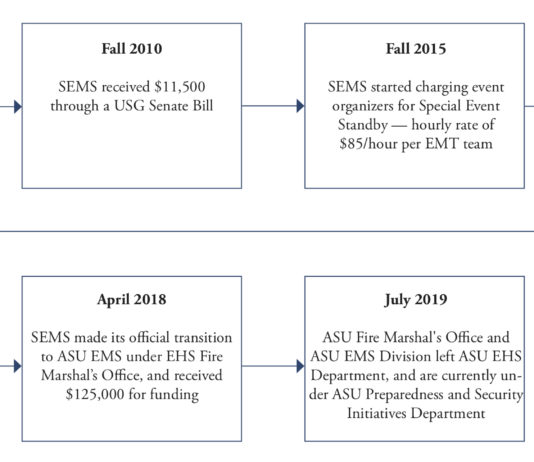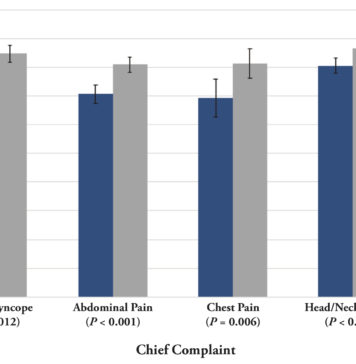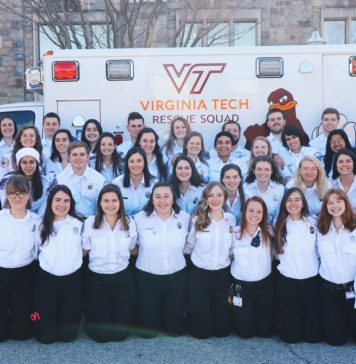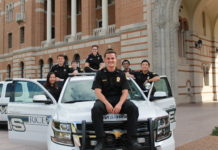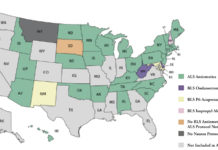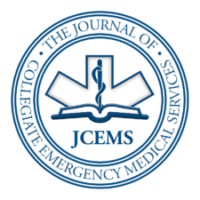Interview with University of Dayton EMS
Grace Scharf, the Public Relations Officer of the University of Dayton EMS, shares her agency's tips for organizing a terrific celebration during Collegiate EMS Week.
Interview with Lisa Basgall
JCEMS offers an exclusive interview with Lisa Basgall, EMS Director of Rice University EMS – 2019 Collegiate EMS Organization of the Year.
Prehospital Antiemetic Therapy in Campus-Based EMS Services
Chuck et al. conducted a cross-sectional analysis of publicly available statewide emergency medical services (EMS) protocols in August 2019 examining the presence of antiemetic therapies at each provider level.


